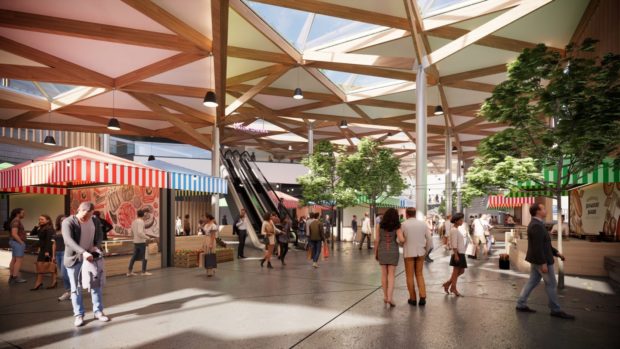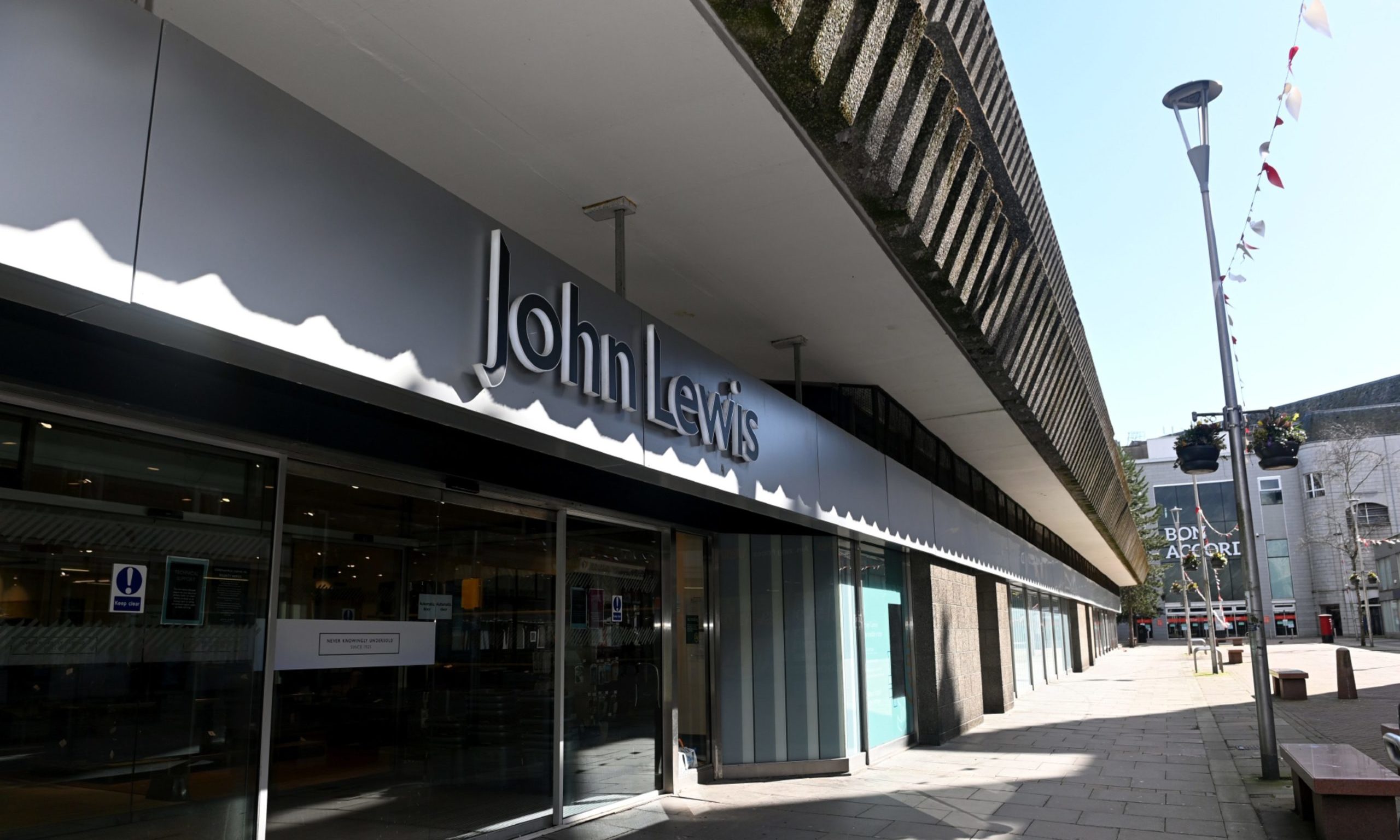Like the illuminated motorway signs telling us to Plan Ahead, Stay Safe while we’re already doing 70mph, official Covid advice is increasingly reduced to confused sloganeering.
We have Level 0 which isn’t zero. An end to restrictions which isn’t Freedom Day. Don’t wear masks but do wear masks. Love your neighbour, but not within two metres. Teach the world to sing, but not in an enclosed space.
FACTS no longer applies, but that’s OK as nobody could recall what this clumsy mnemonic stood for. As to whether facts are still relevant, who knows?
This confusion runs into the matter of our cities. On the one hand we are urged to return to the office, on the other to rejoice in working from home. The city centres will die, but long live the suburbs.
In 2020, Boris Johnson veered between caution and poking people back to work. Pack the tube and fill the city was his cry, before imposing a fresh lockdown.
Prime ministerial hopeful Rishi Sunak also now thinks everyone should go back to the office.
The talk is of city centre jobs in sandwich-making being at risk if we don’t get back to the daily commute. Not just baps, but bar jobs, cleaners and all sorts who thrive from the bustle.
"The last few months of jobs data have shown huge increases in the number of people going back into work"
UK Chancellor Rishi Sunak hails the latest furlough figures, as the number of people still on the government scheme drops to 1.9 millionhttps://t.co/sIQhtscds0 pic.twitter.com/3hgUTDVbZd
— BBC Business (@BBCBusiness) July 29, 2021
Johnson and Sunak are probably less focused on the low paid than the huge sums involved in office development and high rise mortgages. Property developers are big donors to the Conservative Party.
Less cynically, steel towers support banks, GDP and tax returns.
London needs people back commuting because so much of the economy depends on that physical and financial traffic in the city centre.
Scottish city centres also in question
The Scottish Government has been less guilty of this mixed messaging.
It does support working from home – the NHS and civil servants are to be allowed rights in this regard. But with the closure of John Lewis in Aberdeen and the future of the waterfront in Dundee looking less certain, there are concerns.
Nothing has been said on the future of our cities, largely because John Swinney is in charge of Covid recovery. Not a single media release has been issued from his office to date. Some crisis.
That aside, Scottish cities are not so vulnerable to the death of commuting.
People still live in city centres. No Scottish city is so far down the road of development that it can’t revert to the continental model of people living above shops on the high street. That is a fantastic opportunity.
The boom in Scottish urban property prices already reflects a trend for the wealthy to move to liveable cities. Scotland should exploit this for the greater good.
There is a chance here to address the housing crisis and to reverse the movement of people to distant suburbs
The work from home trend means a lot more money is spent locally. This leads to the revival of urban villages.
As things close on the main high street, they open on your local high street. That frees up building stock in the city centres which can either serve the global tourism boom, or become new housing.
There is a chance here to address the housing crisis and to reverse the movement of people to distant suburbs.
Return city centres to the low paid
Which in turn throws up an opportunity to address wealth distribution.
Apart from big developers and landlords, it is the low paid who stand to lose from the end of office life – cleaners and caterers, for example.
However, if the low paid were given priority for social housing in our city centres, it could have a dramatic effect on their chances.
A continued reduction in commuting could improve air quality for the long term
Further, a Scotland which reverts to liveable cities is a much healthier place.
One of the emerging public health issues is air quality. Lung cancer is still a major killer, despite the drop in smoking. Tobacco was once the sole enemy but car exhausts and pollutants are just as guilty.
A continued reduction in commuting could improve air quality for the long-term. That means less pressure on the NHS and a contribution to living longer.
The nationalisation of Scotrail is a different proposition if the Edinburgh to Glasgow line is no longer the busy cash cow it has been. But, again, this is a change which will reduce carbon emissions.
These have been dreadful times, but now is the time for optimism.
Our nice place to live could become even nicer
In Inverness, Perth, Dundee, Aberdeen, Glasgow and Edinburgh we have the perfect foundations for the modern, car-free, clean air city.
We can regenerate city centres with small shops, open markets and residential housing. Power that has rested with a cartel of developers, accountancy firms and big government can be returned to communities.
Liveable cities are a major global advantage when connected to good social and service infrastructure.
In short, we are in a nice place to live and it could become nicer if we plan ahead for the benefit of our own people and for our place in the global economy.
Long live the liveable city.


